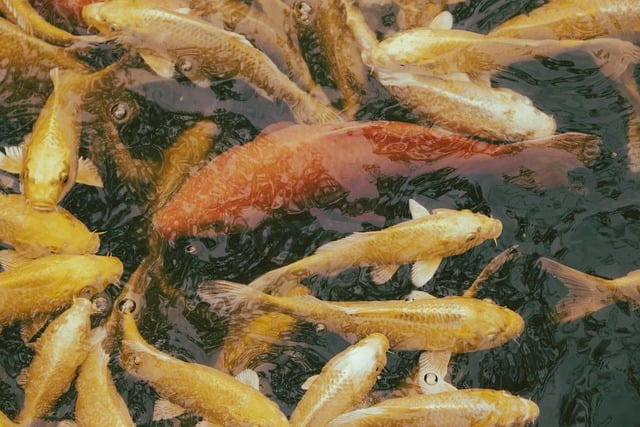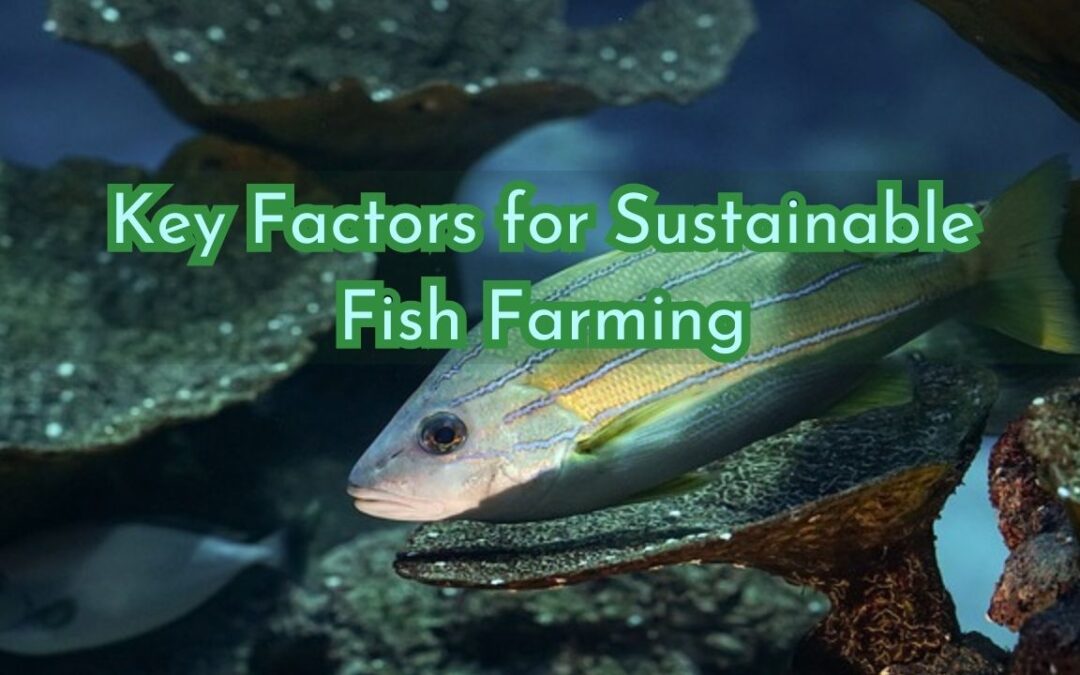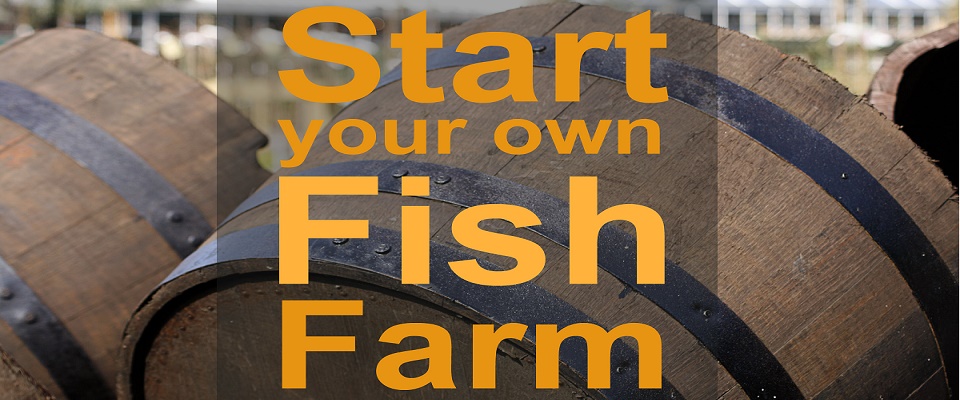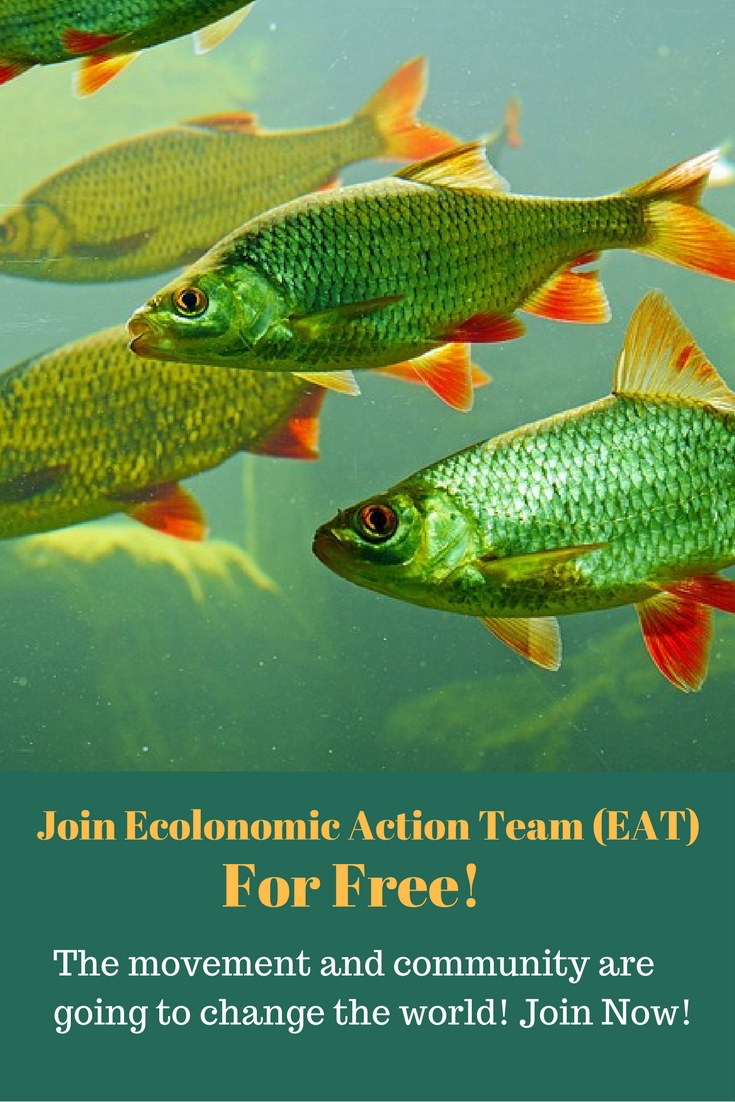The practice of aquaculture has seen tremendous growth worldwide, but along with its benefits, it has also brought several challenges. Issues such as increased waste output and environmental pollution have become significant concerns in fish farming. To ensure the long-term sustainability of this practice, strategies must be adopted that prioritize controlled production and disposal of waste while promoting sustainable practices, ecological restoration, and local economies.
Fish farmers around the globe should be willing to acquire relevant information that enhances sustainable fish farming. They should strive to set standards for sustainable aquaculture, emphasizing water quality management, habitat restoration, and ethical harvesting practices. Here are some key factors that contribute to sustainable fish farming:
Restoration of coastal systems:
Fish farming contributes to the recovery of coastal ecosystems, particularly through species like oysters, which act as filter feeders. Oysters remove plankton and organic matter from the water column, reducing excess nutrients, enhancing water clarity, and mitigating harmful algal blooms. By acting as living water filters, oyster farms improve the overall well-being and ecological balance of estuarine environments.
Oyster farmers actively participate in habitat restoration initiatives by building and maintaining oyster reefs. These reefs provide settling places for oyster larvae and promote the development of new oyster beds. Additionally, they serve as vital breeding grounds for other marine species, increasing biodiversity and supporting the ecological resilience of coastal areas.
Management of water quality:
Sustainable fish farming practices prioritize water quality management. Farmers implement measures to minimize pollution by monitoring and controlling nutrient inputs, sedimentation, and chemical usage. They work collaboratively with regulatory bodies and environmental organizations to ensure compliance with water quality standards, safeguarding the health of farmed fish and surrounding ecosystems.
Farmers also maintain strict biosecurity measures to prevent the spread of diseases and pests. Regular monitoring and swift response to potential threats help maintain the overall health and productivity of fish farms. By focusing on disease prevention, sustainable fish farmers reduce the need for antibiotics and minimize the risk of developing antibiotic resistance.
Community engagement and local economies:
The cultivation of various fish species in fish farms greatly benefits local economies and communities. It supports coastal livelihoods, creates job opportunities, and stimulates the local tourism and food industries. Many fish farmers actively engage with the locals by providing educational opportunities, tours, and hands-on activities to raise awareness about the value of sustainable fish farming in coastal ecosystems.
Customers can contribute to the growth of sustainable aquaculture and coastal communities by purchasing fish from nearby farms. Moreover, fish farmers frequently collaborate with researchers and conservation organizations, exchanging knowledge, participating in restoration initiatives, and advancing scientific understanding within the aquaculture industry.
The growth of sustainable fish farming has the potential to influence aquaculture in the future by fostering resilient ecosystems, sustainable seafood production, and a deeper appreciation of the critical role oysters play in our coastal environments.

Take Action for Sustainable Fish Farming!
Now that you are equipped with knowledge about the factors contributing to sustainable fish farming, it’s time to take action. Here are a few ways you can make a difference:
Support local and sustainable seafood: When purchasing fish, choose products from nearby fish farms that follow sustainable practices. By doing so, you support responsible aquaculture and contribute to the growth of local economies.
Spread awareness: Share the information you’ve learned about sustainable fish farming with your friends, family, and community. Use your voice to educate others about the importance of supporting environmentally friendly practices in the seafood industry.
Engage with fish farmers and organizations: Reach out to fish farmers, conservation organizations, and research institutions in your area. Offer your support, volunteer your time, or explore opportunities to collaborate on initiatives promoting sustainable aquaculture and habitat restoration.
Advocate for policy changes: Get involved in local and national advocacy efforts to encourage government policies that promote sustainable fish farming practices. Write to your representatives, sign petitions, and join community discussions to raise awareness and drive positive change.
Make responsible seafood choices: Familiarize yourself with sustainable seafood certifications and labels, such as the Marine Stewardship Council (MSC) and Aquaculture Stewardship Council (ASC). Use these resources to make informed decisions when purchasing seafood products.
Promote research and innovation: Support scientific research and technological advancements in aquaculture. Encourage the development of sustainable farming techniques, efficient waste management systems, and alternative feed sources to reduce environmental impacts.
Together, we can make a significant impact on the future of fish farming. By embracing sustainable practices, we protect our oceans, support local communities, and ensure a healthy and thriving seafood industry for generations to come. Take action today for a more sustainable tomorrow!
For more information on sustainable fish farming, visit EAT Community



